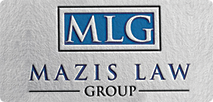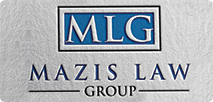A residential lease agreement needs to address issues that can arise during the tenancy to reduce the potential of future litigation between the landlord and the tenant. A lease is both a contract and a conveyance of real property. The lease must be in writing if the term of the lease is longer than one year. At a minimum, a residential lease should contain a designation of the parties, a description of the premises, rent amount, time and manner of payment, and the term of the lease. However, there are several more matters that should be addressed in the lease to protect the respective rights of the landlord and the tenant such as:
- The amount of the security deposit, how it will be held by the landlord, under what circumstances can the landlord use the security deposit, and when the landlord must return the security deposit.
- The party responsible for the payment of utilities
- The permitted use for the leased premises and any restrictions
- Responsibility for repairs and alterations of the leased premises
- Insurance requirements
- Circumstances upon which the landlord can enter the leased premises
- Terms regarding assignment and subletting
It is important to have an attorney that is experienced in the negotiation and preparation of residential leases. Contact Mazis Law Group for a consultation.






